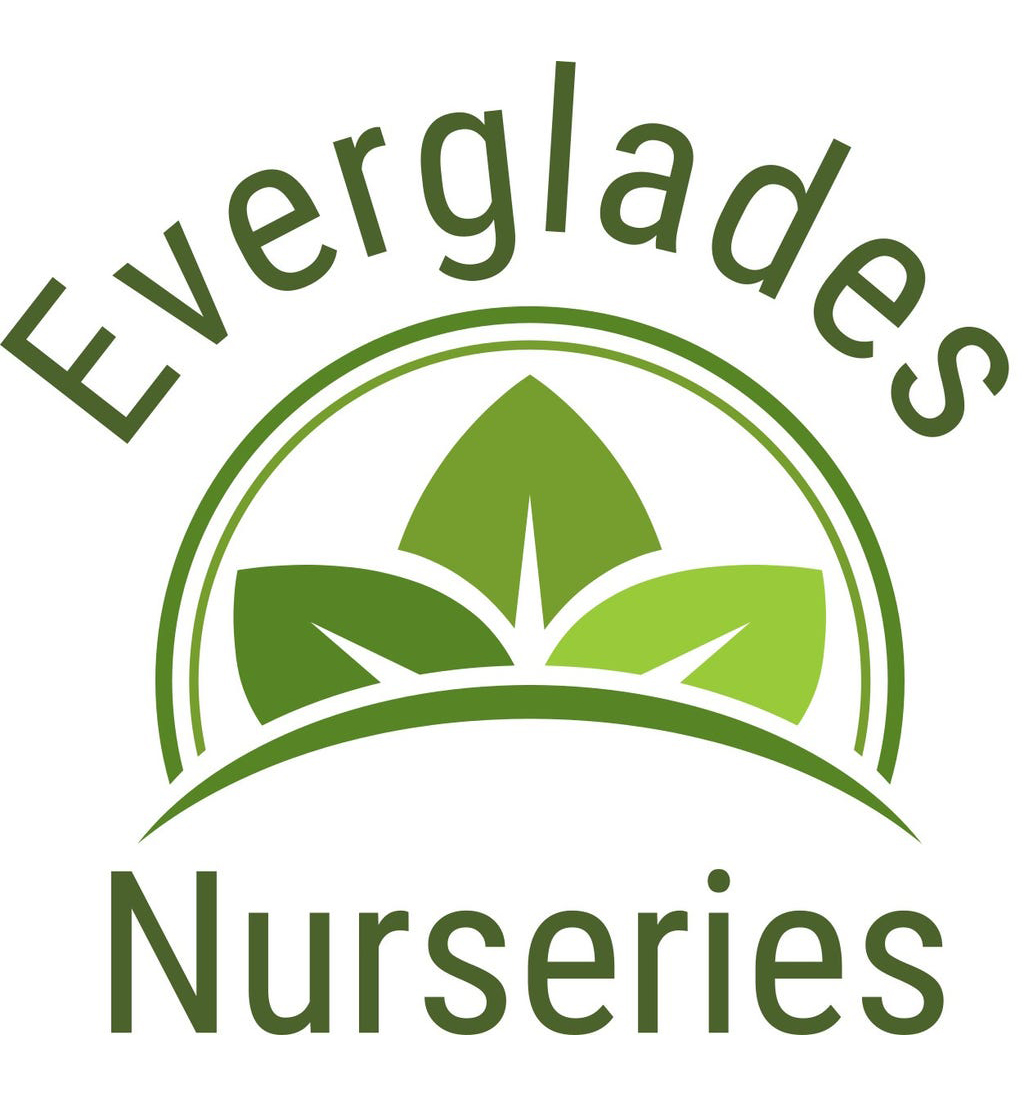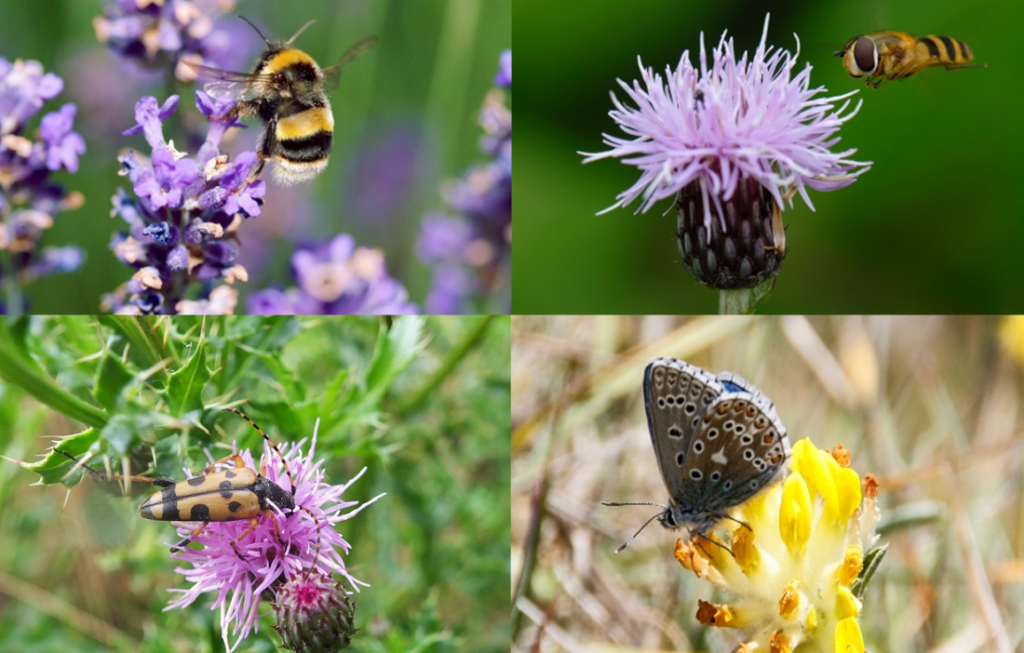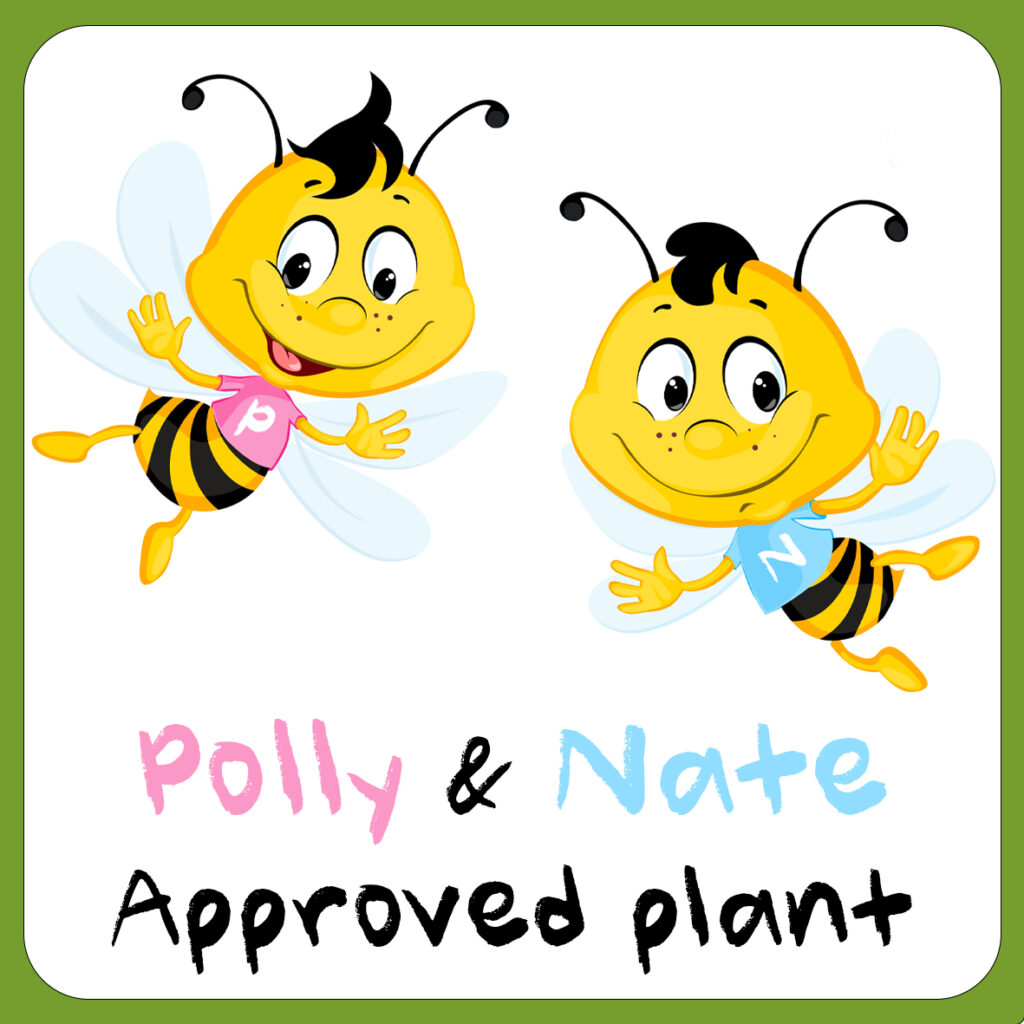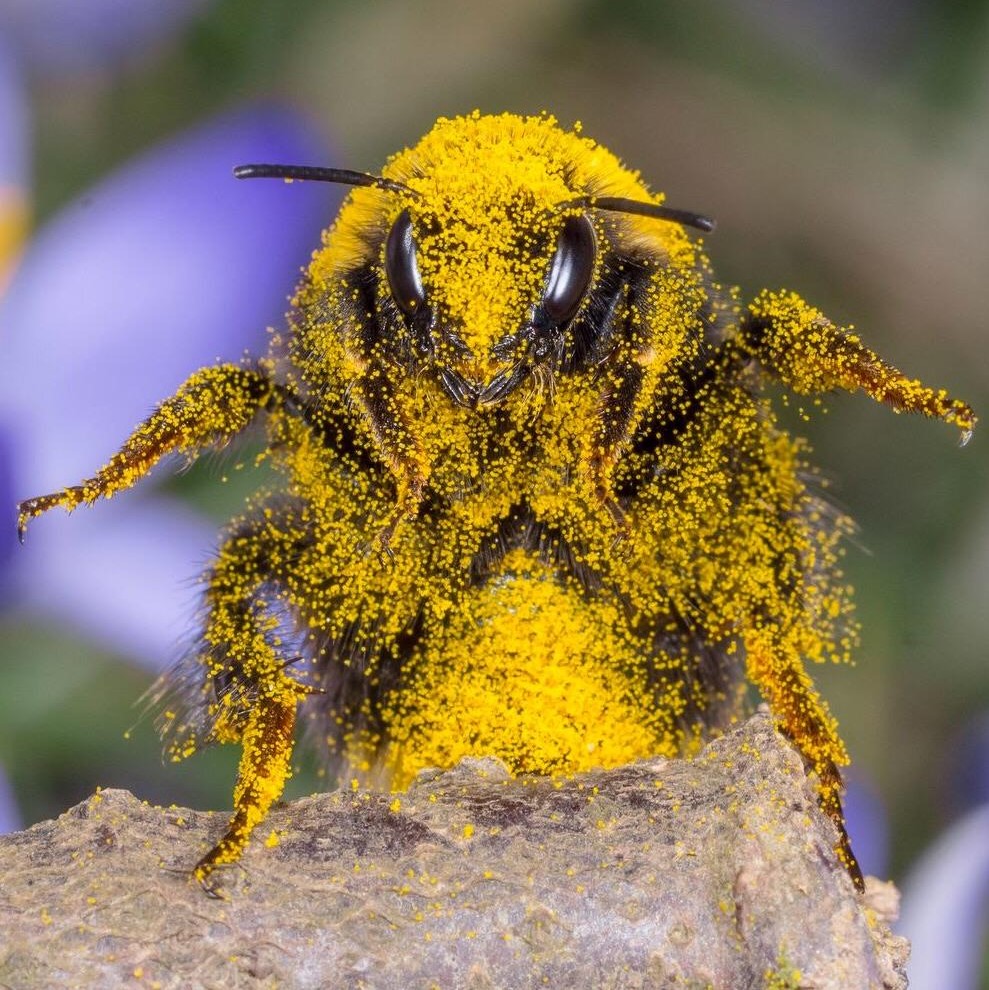Blog
THE POLLY & NATE CLUB
Many plants rely on insects to pollinate their flowers which completes their reproductive cycle – therefore, seeds and fruits would not be produced if they were to disappear (which is exactly what is happening).
We have 27 species of bumblebee, half of which are in decline and 3 of which have already gone extinct. 2/3 of our moths and 71% of our butterflies are also decline, as well as hoverfly species. This is due to a variety of reasons:
- Unpredictable and extreme weather due to climate change
- Intensive farming
- Pesticides
- Urban growth
- Loss of and damage to brownfield sites
If this trend continues, not only will our countryside, gardens and parks suffer, but also the food industry. It has been estimated that one out of every three mouthfuls of our food directly depend on pollinators. It is easy to see the importance of pollinators, and why it is our duty to protect and help them recover.
One way in which we can help them is to plant more flowering plants, shrubs, and trees, particularly those which are pollinator friendly. Areas which are left to grow wild provide other food sources and breeding areas for butterflies and moths.
The purpose of the Polly & Nate Club is to highlight different pollinators and plants which they are particularly attracted to. There are so many pollinators, with only a few getting the credit. The Polly & Nate Club pick will be different each month to give you different ideas of what plants you could add into your garden to help pollinators thrive and being plants you like. Alongside our monthly picks, look out for our mascots, Polly and Nate, on our range of pollinator friendly plants.
By Nadia Hallwood




